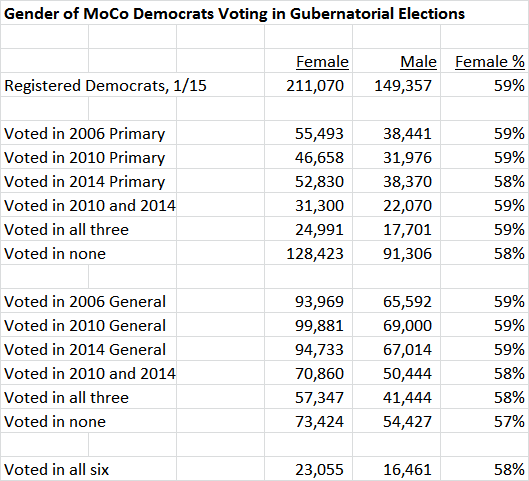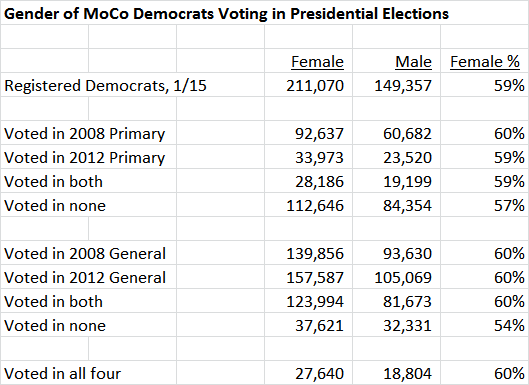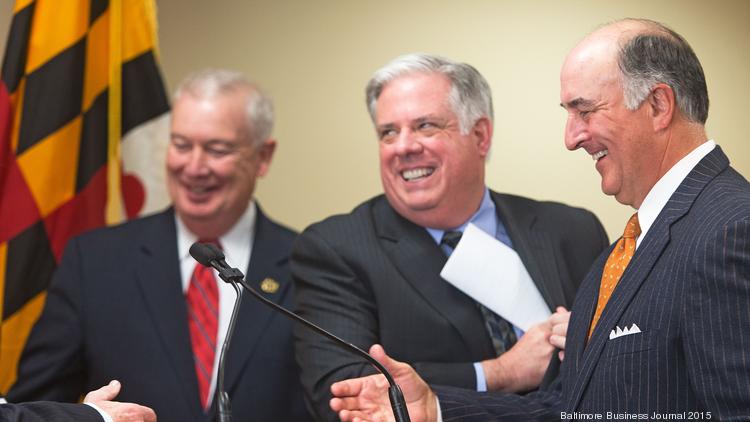Thanks to Adam Pagnucco for this guest post:
Snowzilla has turned out to be a historic storm. Every local jurisdiction from the City of Baltimore to Northern Virginia has struggled to recover from it, and Montgomery County is no exception. While MoCo residents complain about the pace of snow removal, with and without justification, there is no evidence that the county has performed worse than comparable jurisdictions. But one area in which it has fallen short is communicating with its residents.
Most residents have one question on their minds: when can I escape from my neighborhood? Let’s be fair: during a mega-event like Snowzilla, that’s a really hard question to answer. The county is coordinating a large fleet of employees and contractors, as well as working with other agencies like the state, Metro, Park and Planning and MCPS. A great deal of the equipment being used is not GPS-enabled. The most honest answer is also the least satisfactory: we don’t know.
The county chose to rely on its snow removal map to deal with resident questions. The county’s Department of Transportation repeatedly directed residents to the map on Twitter.

 The problem is that the map wasn’t showing any useful information. Below is an image of the map as of Tuesday, January 26. The map shows that every county street in Glenmont, Wheaton and unincorporated Kensington was “in progress.” It showed similar information all over the county. That’s physically impossible. The county doesn’t have enough equipment to be everywhere at once and residents know that.
The problem is that the map wasn’t showing any useful information. Below is an image of the map as of Tuesday, January 26. The map shows that every county street in Glenmont, Wheaton and unincorporated Kensington was “in progress.” It showed similar information all over the county. That’s physically impossible. The county doesn’t have enough equipment to be everywhere at once and residents know that.
 Faced with a non-functioning map, residents overwhelmed MC 311. Some called only to hear a recording. Even if they got through, no answers were available. Again, the county simply didn’t know when individual neighborhoods would be cleared, even though they claimed the map would say so.
Faced with a non-functioning map, residents overwhelmed MC 311. Some called only to hear a recording. Even if they got through, no answers were available. Again, the county simply didn’t know when individual neighborhoods would be cleared, even though they claimed the map would say so.
Meanwhile, municipalities appeared to be doing a better job. Consider the Facebook posts of Gaithersburg Mayor Jud Ashman. On Saturday, January 23, the Mayor reported that all city streets had received a first pass. He then reported that all streets would receive a second pass the following morning. This is a period during which county plows had not reached neighborhood streets at all. Residents of unincorporated areas, for which the county has responsibility, have friends in municipalities and were aware of their performance. This only increased their frustrations.

 Council Member Hans Riemer (my former employer) nailed it in a post on Facebook. Noting his work on securing funding for an upgraded snow map and planning for pedestrian mobility during snow storms, he wrote: “Better communications technology would save our residents a lot of anxiety during snow events, and enable them to more adequately plan for their work and family lives. If technology answered more questions, it would also take pressure off of our 311 call center, which has been completely overwhelmed by the volume of calls they’ve received during this storm.” And he’s absolutely right.
Council Member Hans Riemer (my former employer) nailed it in a post on Facebook. Noting his work on securing funding for an upgraded snow map and planning for pedestrian mobility during snow storms, he wrote: “Better communications technology would save our residents a lot of anxiety during snow events, and enable them to more adequately plan for their work and family lives. If technology answered more questions, it would also take pressure off of our 311 call center, which has been completely overwhelmed by the volume of calls they’ve received during this storm.” And he’s absolutely right.
 Snowzilla was a gigantic storm and public employees across the region deserve tremendous credit for their recovery efforts. But MoCo had a communication breakdown that made a stressful event worse. Here’s hoping that Council Member Riemer and his colleagues can help the county prepare to do better next time.
Snowzilla was a gigantic storm and public employees across the region deserve tremendous credit for their recovery efforts. But MoCo had a communication breakdown that made a stressful event worse. Here’s hoping that Council Member Riemer and his colleagues can help the county prepare to do better next time.












